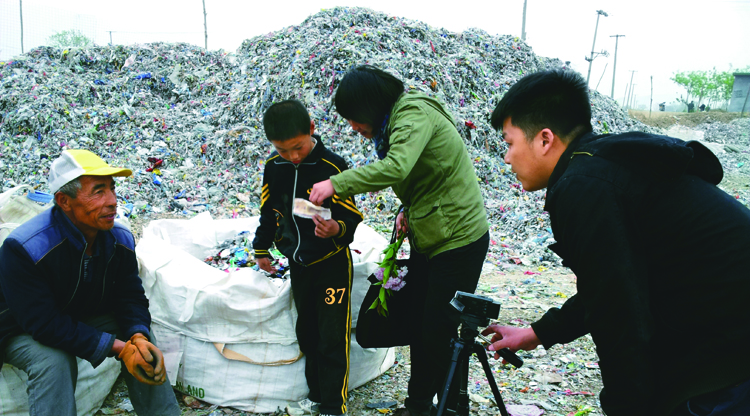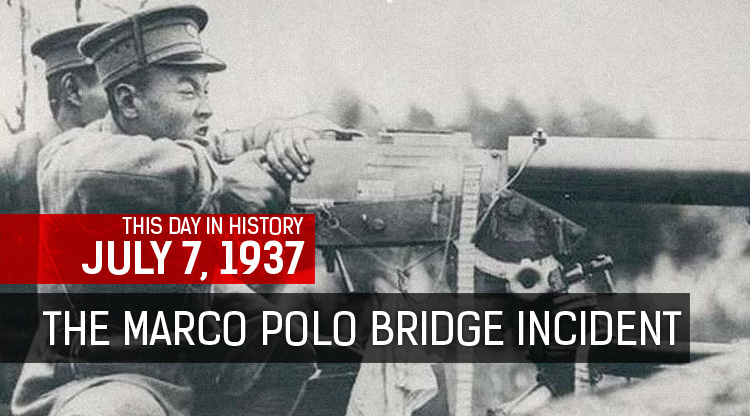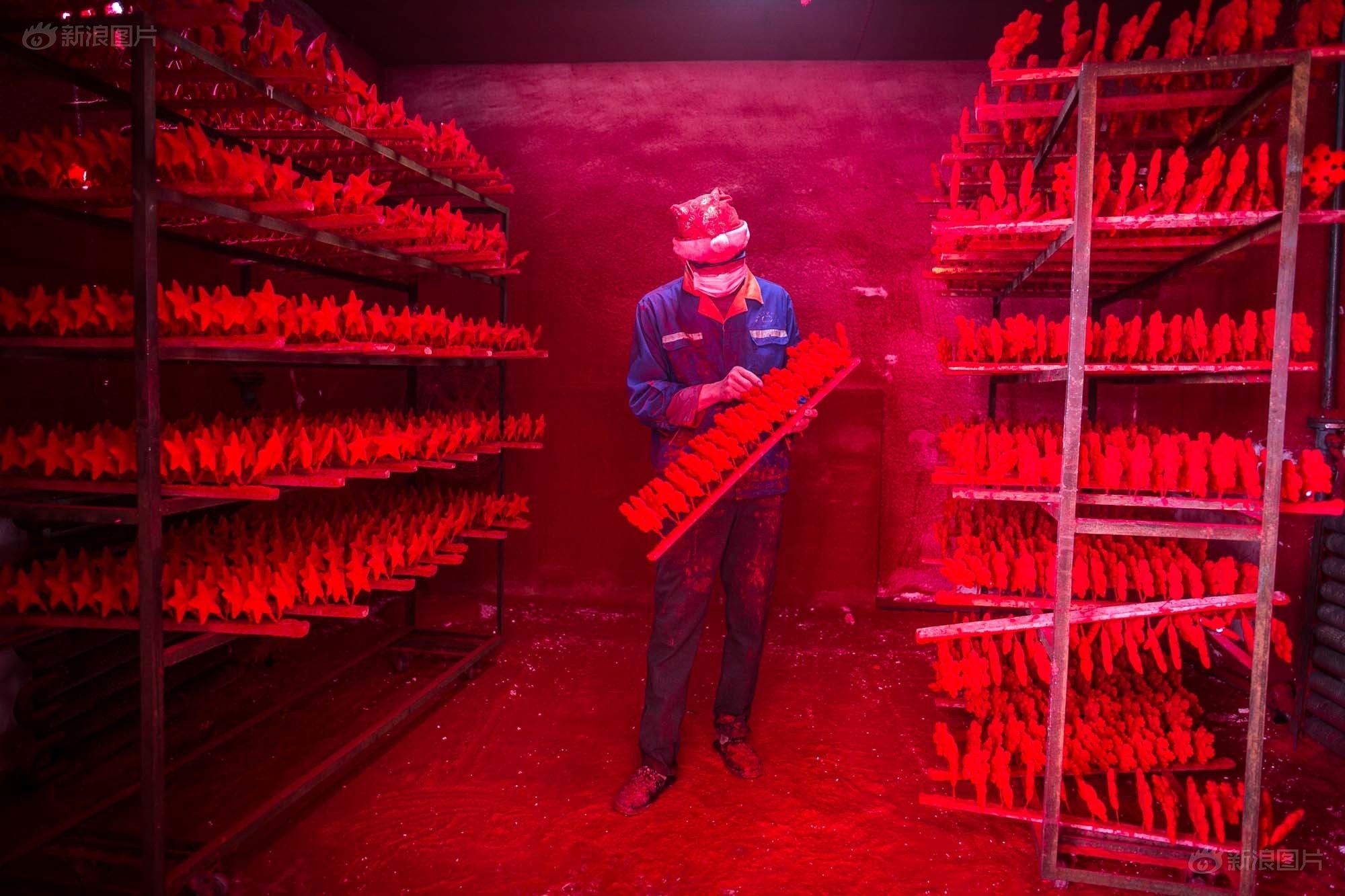When documentary film student Shu Qiao first heard about the Folk Memory Project, he assumed it was just another extracurricular activity devised by his over-zealous professor: “Something that would take a few weeks, at most.”
Five years later, with his studies at the Tianjin Academy of Fine Art long since finished, 25-year-old Shu is still very much involved in the project – in fact, he estimates it’s still several years, perhaps even decades away from completion: “It’s become something like my life’s work,” he explains.
The ongoing project began innocuously enough. Shu and 20 other young Chinese film documentary students were assigned the task of entering nearby villages to interview people who had lived through, and had memories of, the Great Famine.
“I was born in 1989. I am sure all young Chinese of my age are familiar with the Great Famine,” says Shu. “But to most of our generation – and I include myself in that – it was simply an old tale that our grandparents and parents used to help teach us the value of our current lives. People my age have no interest, and saw no reason to go deeper into the real history.”
Covering roughly a two year period from 1959 to 1961, the famine is thought to have claimed the lives of 8-10 million people, according to official reports. Shu’s former professor and organizer of the project, Wu Wenguang, himself an established and well-known documentary filmmaker in China, felt the subject was deserving of further investigation.
“That period of history is discussed a lot by artists and filmmakers, but what was it really like?” he asks. “I found it quite ridiculous, all those artists talking about hardship from the vantage of their comfortable studios in the city. They have no idea at all.”
Despite Wu’s clear motivation, he never foresaw the project taking off outside the classroom – nor the willingness of his students to become so personally involved. As of December last year, the project has seen 133 young participants from 20 provinces travel to 26 villages and interview 1,220 villagers. A total number of 30 short documentaries have been completed and shown in film festivals in more than 10 countries.
Wu ascribes the success of the project to the villages themselves. Their heroism, as Wu describes it, serves not only to highlight their own history, but helps young Chinese to reconnect with their roots. For Shu, the initial spur was much simpler: “I was very matter-of-fact about it, I wanted to discover the reasons behind the tragedy. For example, how much blame should be attributed to natural disasters like drought?”
Over time, however, Shu realized that the real story was not the cause of the tragedy, but the lives of the villagers who survived it – those people whose “stories had never been told or recorded.”
Shu centered his research around his grandpa’s village in Xupu County, Hunan. With help from a number of distant relatives, he began to piece together a timeline of events.
“1958 was a harvesting year in Xupu, but all the young men had left the village to help smelt steel,” explains Shu, recalling the villagers’ stories. “But since the harvested grain would be shared by the commune, few people left in the village were motivated to help in the huge effort needed to work the fields.”
Shu Qingyou, an elderly distant relative of Shu’s, recounted a number of specific details.
“He explained how villages like his would get caught in disastrous spirals. For example, if a village harvested 400kg per mu [about 1/6 of an acre], the local cadre, in a bid to gain favor, would exaggerate the figure. The neighboring village, worried they were falling behind, would then announce they had harvested 500kg per mu. It was a vicious circle,” says Shu.
“The local government would see the figures, and ask for a certain percentage of the total grain. But even if the percentage was set low, it would still account for more than the villagers could afford to give. Some villages exaggerated their total harvest to such a degree, that they were left with no grain once the required percentage had been handed in. Initially, the village that submitted the most grain would be rewarded with cows, but over time, this stopped too. Eventually, with no grain being produced, people began to starve.”
In Shu’s documentary Shuangjing, I Am Your Grandson, audiences are witness to the difficulties faced by Shu in asking villagers to recount their experiences. Shu went from door to door, collecting stories and money to set up a monument for those who died in the famine.
“It was very frustrating in the beginning,” says Shu. Among the 10 households he visited during the first day, eight refused to cooperate. “They were angry and confused,” explains Shu. “They asked me: ‘Why are you doing this?’ They thought it was meaningless. I had to convince them otherwise. So I told them: ‘Almost every family in this village lost family members in the famine. This is a way to honor their memory.’”
The idea of a film focusing on the lives and experiences of individuals – rather than the society as a whole, made many of the participants nervous. In the film, Shu and his grandpa are shown walking together along a small country road, the old man furiously berating his grandson: “The whole village is wondering why you don’t find a stable job in the city, but instead come here holding a camera? You don’t understand how devastating an effect this will have on you. You have to think about how the authorities will react. This could change your life dramatically.” Although Shu didn’t heed his grandfather’s advice, he does empathize.
“That generation experienced too much tragedy. They have first-hand understanding of the Chinese saying, ‘disaster comes out of your mouth,’” says Shu.
These types of difficulties were faced by almost every member of the project. Wang Haian, a 24-year-old participant from Shandong, explains: “Actually this topic is no longer taboo. I told [the villagers] that in the city there are widespread discussions on issues such as the Great Famine and the Great Leap Forward. But they didn’t trust me.”
Wang likens the process of building trust to “crawling like a worm.” Unlike Shu, who completed his initial documentary in less than a year, Wang spent three years chatting with villagers, helping them to farm and showing them his footage, while repeatedly explaining the meaning of the work.
In 2014, four years after Professor Wu first launched the project, the aim was widened to include other historical topics such as land reform, the Cultural Revolution and the Great Leap Forward. Many participants have been so moved by their experience, they have begun funding drives to help construct village libraries and healthcare foundations.
Wang is currently securing money to build a memorial. “I hope more young people will remember history,” he says, by way of explanation. And changes are taking place too. Both Shu Qiao and Wang Haian spent most of their young lives wanting to move beyond the small towns and villages of their parents.
“I think the idea of moving to a big city and finding a stable job is a dream shared by many young Chinese today. But this project changed my relationship with my village, my parents, my grandpa. The more I learn about the village, the more I realize how little I understood it,” says Shu.
Time, is running out, though. Many of the survivors of the tumultuous events of the mid-20th century are beginning to pass away. “Each time someone in the village passes away, a friend will call me and ask for the tape of that person’s video – their interview – to be sent to the village,” explains Shu. “Through death, they have come to find comfort in these videos.”
The result has been a gradual change in attitudes. Now, people contact Shu and request that he interviews them. “It’s a complete reversal,” says Shu. “Recently, the daughter-in-law of an 80-year-old woman called me to ask whether I could interview her mother-in-law,” says Shu. “She told me her mother-in-law has lots of good stories to tell. This type of thing means a lot to me,” he adds. “I guess it’s why we started this thing in the first place – to make it difference.”





















0 User Comments